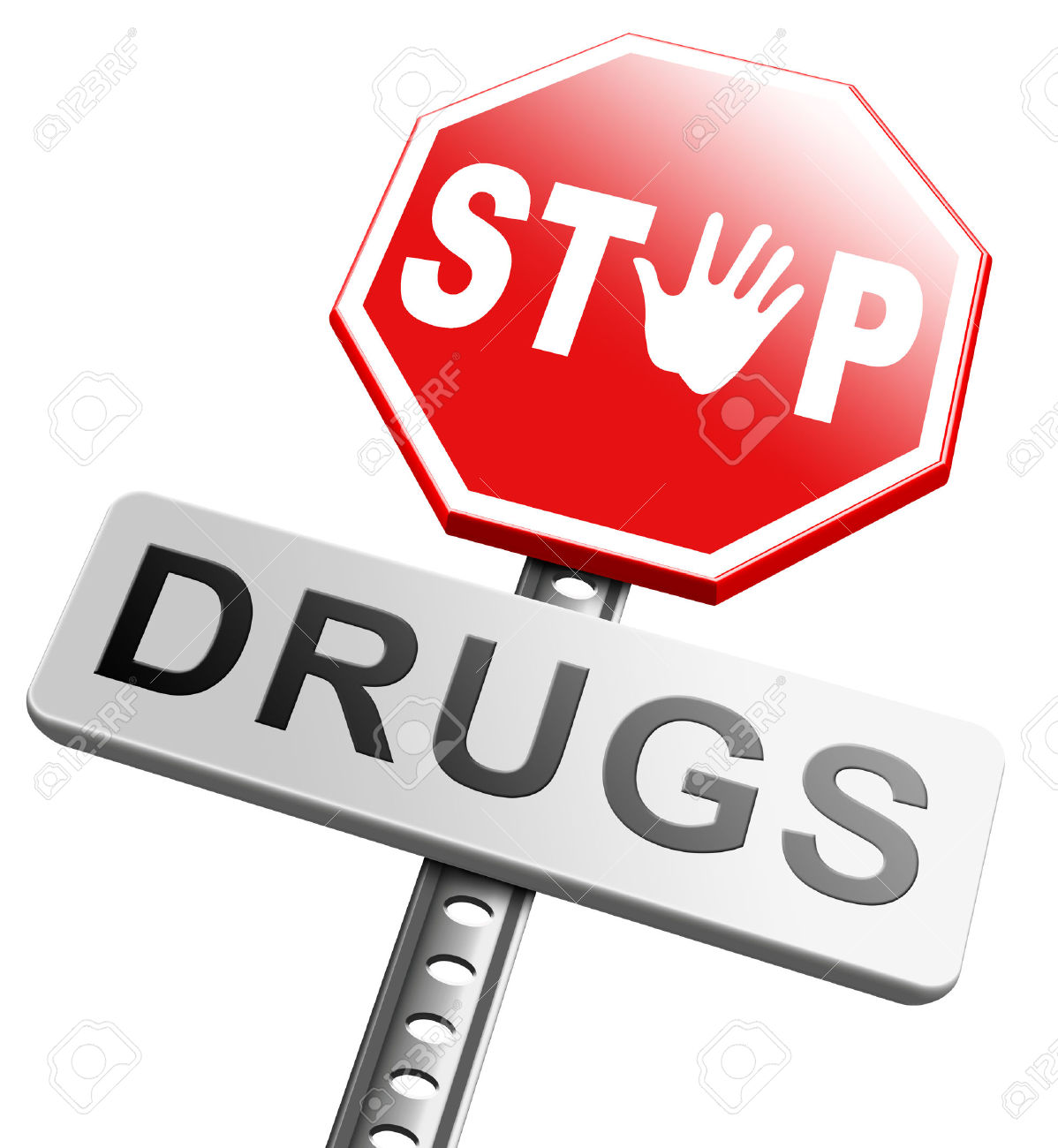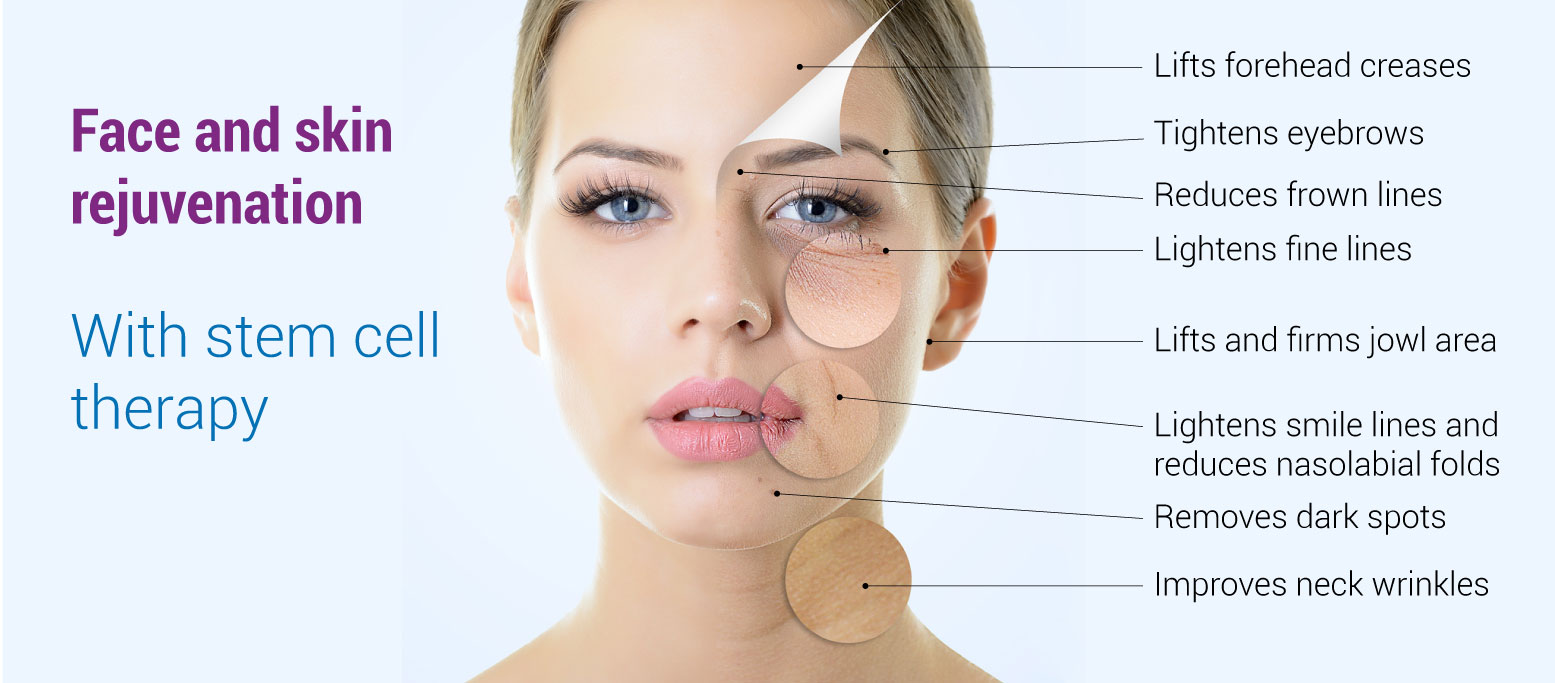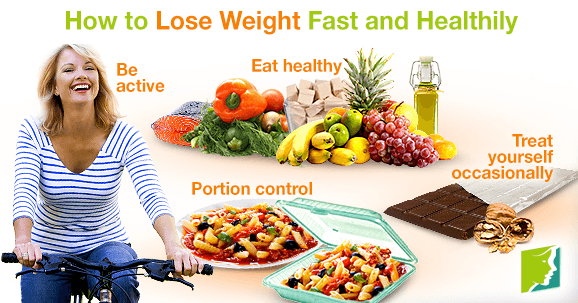Cancer disease fundamentals and alcohol consumption

Cancer disease fundamentals and alcohol consumption registers double health complications from cancer and stress.
Cancer disease fundamentals and alcohol consumption: Can a person’s gene contribute to their risk of alcohol related cancer?
The answer to this question is yes. It is actually true that a person’s risk of alcohol-related cancers can be influenced by their genes, and specifically when the genes that encode the enzymes is involved in metabolizing that is breaking down of alcohol. For example, one way the body metabolizes alcohol is through the activity of an enzyme called alcohol dehydrogenase, or ADH. Many individuals of Chinese, Korean, and especially Japanese descent carry a version of the gene for ADH that codes for a “super-active” form of the enzyme. This super-active ADH enzyme speeds the conversion of alcohol (ethanol) to toxic acetaldehyde. As a result, when people who have the super-active enzyme drink alcohol, acetaldehyde builds up. Among people of Japanese descent, those who have this super-active ADH have a higher risk of pancreatic cancer than those with the more common form of ADH.
Can red wine help in cancer prevention?
Researchers conducting studies using purified proteins, human cells, and laboratory animals have found that certain substances in red wine, such as resveratrol, have anticancer properties. Grapes, raspberries, peanuts, and some other plants also contain resveratrol. However, clinical trials in humans have not provided evidence that resveratrol is effective in preventing or treating cancer. Few epidemiologic studies have looked specifically at the association between red wine consumption and cancer risk in humans.
Cancer disease fundamentals and alcohol consumption: What next after quitting alcohol abuse?
Most of the studies that have examined whether cancer risk declines after a person stops drinking alcohol have focused on head and neck cancers and on esophageal cancer. In general, these studies have found that stopping alcohol consumption is not associated with immediate reductions in cancer risk; instead, it may take years for the risks of cancer to return to those of never drinkers.
For example, a pooled analysis of 13 case-control studies of cancer of the oral cavity and pharynx combined found that alcohol-associated cancer risk did not begin to decrease until at least 10 years after stopping alcohol drinking. Even 16 years after they stopped drinking alcohol, the risk of cancer was still higher for ex-drinkers than for never drinkers.
In several studies, the risk of esophageal cancer was also found to decrease slowly with increasing time since stopping alcohol drinking. A pooled analysis of five case–control studies found that the risk of esophageal cancer did not approach that of never drinkers for at least 15 years after stopping alcohol drinking.
Is it safe for someone to drink alcohol while undergoing cancer chemotherapy?
Cancer is a killer disease and alcohol is equally very bad for your health even if you were not struggling with cancer. What benefit can one get from alcohol especially when you are also on cancer treatment? Certainly nothing good will come out of it. However if you are so much into alcohol and you feel like you cannot get along without drinking, then you must and timely consult with your doctor. Your doctor who has been administering treatment on you will able to advice you professionally on specific issues including whether drinking whether drinking alcohol is safe with particular chemotherapy drugs or other medications prescribed along with chemotherapy. Nonetheless you can also seek for professional help from other medical experts like doctor Dalal Akoury, all you need to do is to call her for an appointment and she will gladly give you her best from her experience of over two decades of practice.
Cancer disease fundamentals and alcohol consumption: Can a person’s gene contribute to their risk of alcohol related cancer?








